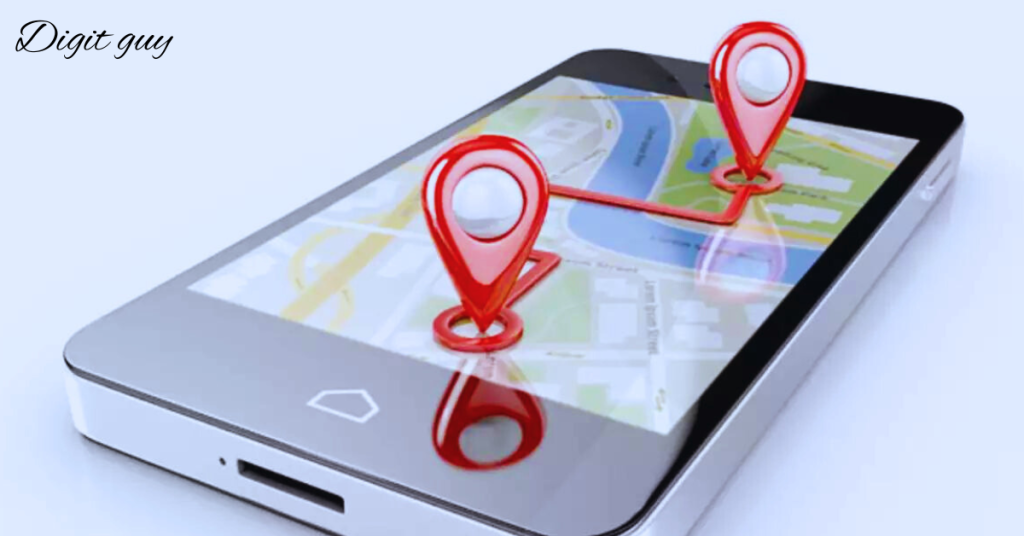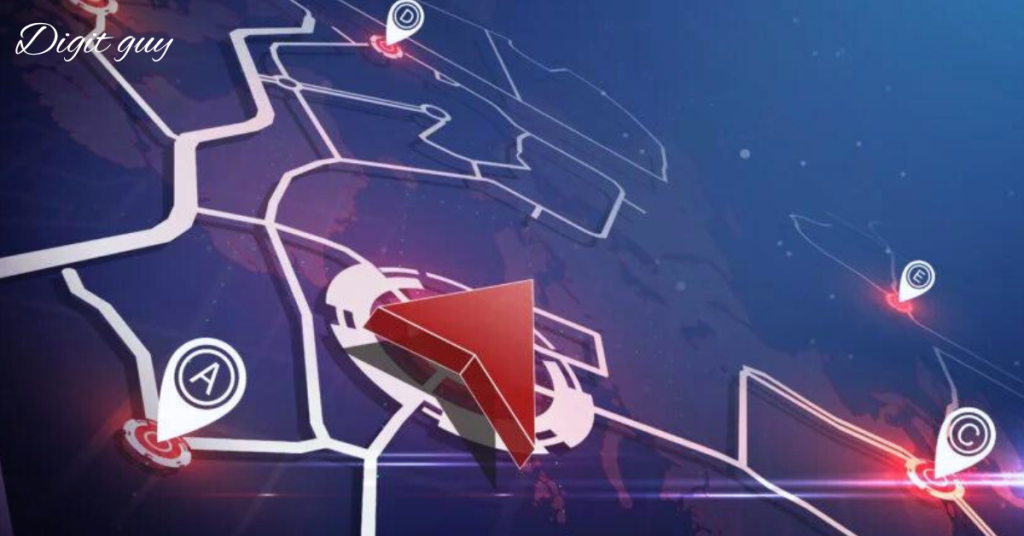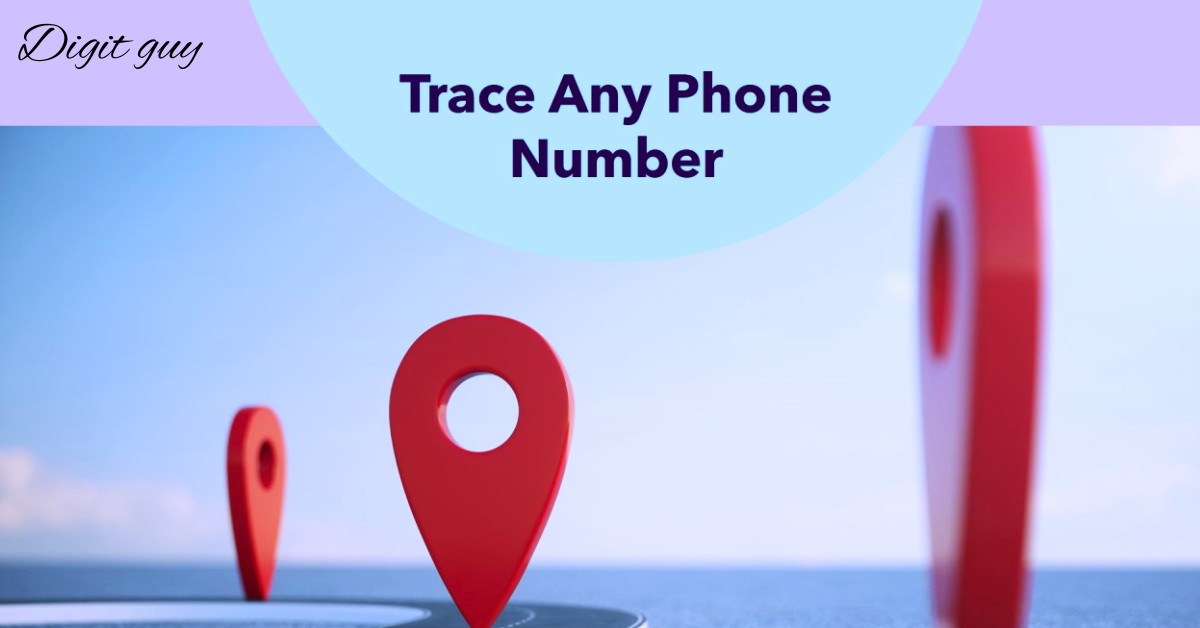Have you ever lost your phone and wished you could just magically find it? Or maybe you’ve been worried about a loved one’s safety and wanted to know their whereabouts. The idea of tracing a mobile number location can seem like something out of a spy movie, but it’s actually a real and accessible technology.
In this article, we’ll explore how mobile number location tracing works, its uses, the legal and ethical implications, and much more. By the end, you’ll have a clear understanding of whether it’s possible to trace a mobile number location and how it’s done.
How Mobile Number Tracking Works
Let’s dive into the mechanics behind mobile number tracking. It’s not magic but a sophisticated blend of technology. When you make a call or send a text, your phone connects to the nearest cell tower. This connection creates a data trail that can be used to approximate your location.
Methods of Mobile Number Tracking

There are several methods to trace a mobile number location. Each method has its own strengths and weaknesses, but together, they provide a comprehensive toolkit for tracking.
Cell Tower Triangulation
Cell tower triangulation is one of the oldest and most commonly used methods. It involves measuring the signal strength from three or more cell towers to triangulate the position of the mobile phone. The accuracy depends on the density of cell towers in the area; more towers generally mean better accuracy.
Wi-Fi and Bluetooth Tracking
Wi-Fi and Bluetooth tracking are more modern methods. When your phone connects to a Wi-Fi network or a Bluetooth device, it reveals its approximate location. This method is especially useful indoors where GPS signals may be weak.
GPS Tracking
GPS tracking is perhaps the most accurate method. It uses a network of satellites to pinpoint your exact location. Most smartphones come with built-in GPS, which allows for precise tracking.
The Role of GPS in Tracking
GPS, or Global Positioning System, plays a crucial role in mobile number tracking. Imagine GPS as a constellation of satellites orbiting the Earth, constantly sending signals to your phone. Your phone then calculates its exact location by measuring the time it takes for the signals to reach it from multiple satellites. This method provides highly accurate location data, often down to a few meters.
Legal and Ethical Considerations

While the technology for mobile number tracking exists, its use is surrounded by legal and ethical considerations. Tracking someone’s location without their consent is illegal in many countries and can lead to severe penalties.
Privacy Concerns
Privacy is a major concern. People have the right to move about without being constantly monitored. Unauthorized tracking can lead to a significant invasion of privacy and potential misuse of personal data.
Legal Regulations
There are strict laws regulating the use of mobile tracking. For instance, in the United States, the Fourth Amendment protects against unreasonable searches and seizures, which includes unauthorized tracking. Similar regulations exist in other parts of the world, ensuring that tracking is done lawfully and ethically.
Practical Applications of Mobile Number Tracking

Despite the legal and ethical hurdles, there are numerous legitimate uses for mobile number tracking.
Finding Lost Devices
One of the most common uses is finding lost or stolen devices. Services like Apple’s Find My iPhone and Google’s Find My Device allow users to locate their missing phones, lock them, or even erase data to prevent misuse.
Parental Control
Parents frequently use tracking apps to monitor their children’s locations. This can provide peace of mind, especially in ensuring that kids are safe and where they’re supposed to be.
Emergency Situations
In emergencies, tracking can be a lifesaver. For example, during natural disasters or search and rescue operations, being able to locate individuals quickly can save lives.
Business Uses
Businesses also benefit from tracking. Companies with delivery fleets use tracking to optimize routes and ensure timely deliveries. Field service companies monitor their technicians’ locations to improve efficiency and customer service.
Challenges and Limitations
While mobile number tracking is powerful, it’s not without challenges and limitations.
Accuracy Issues
In densely populated urban areas, buildings can interfere with signals, reducing accuracy. Similarly, in rural areas with fewer cell towers, triangulation may not be as precise.
Battery Drain
Continuous use of GPS and tracking apps can drain a phone’s battery quickly. This is a significant drawback for users who need their devices to last throughout the day.
Privacy Risks
There are inherent privacy risks. Unauthorized access to location data can lead to misuse, stalking, or harassment. Ensuring data security is paramount to mitigate these risks.
Latest Innovations in Mobile Tracking

The field of mobile tracking is continually evolving with new innovations improving accuracy and functionality.
Advanced Algorithms
Modern algorithms enhance triangulation and GPS accuracy. These algorithms can analyze movement patterns and predict future locations, providing more reliable tracking.
Integration with IoT
The Internet of Things (IoT) integrates various devices, allowing for comprehensive tracking solutions. For example, wearables and smart home devices can complement mobile tracking by providing additional data points.
Augmented Reality
Augmented Reality (AR) combines real-time GPS data with visual overlays, offering intuitive navigation experiences. This can be especially useful for directions and location-based services.
How Safe is Mobile Number Tracking?
Safety is a major concern when it comes to mobile number tracking. While the technology itself can be secure, the risk lies in how data is handled.
Data Encryption
Encryption is crucial. When data is encrypted, it ensures that only authorized parties can access the information. This helps protect against hacking and unauthorized access.
User Consent
Obtaining user consent is vital. Users should be fully informed about how their location data will be used and who will have access to it. Transparent privacy policies and easy-to-use consent management tools are essential for maintaining trust.
The Future of Mobile Number Tracking

The future of mobile number tracking looks promising, especially with the advent of 5G networks.
5G Networks
5G offers faster data speeds, reduced latency, and better connectivity. This will enhance real-time tracking accuracy and open up new possibilities for innovative applications.
Expanded Use Cases
As technology advances, the potential applications for mobile number tracking will expand. From enhanced personal safety features to advanced business solutions, the possibilities are vast and varied.
Conclusion
So, is it possible to trace a mobile number location? Absolutely. With a mix of technologies like cell tower triangulation, GPS, and Wi-Fi tracking, it’s not only possible but also quite accurate. However, it’s important to use this technology responsibly, respecting legal and ethical boundaries.
Whether you’re trying to find a lost phone, keep your kids safe, or improve business operations, mobile number tracking can be incredibly useful. As long as we balance the benefits with the necessary privacy protections, the future of mobile number tracking is bright and full of potential.
FAQs
Can you track a mobile number location without the person’s consent?
No, tracking a mobile number without the person’s consent is illegal and an invasion of privacy in many countries.
How accurate is GPS tracking?
GPS tracking can be highly accurate, often pinpointing a location within a few meters. However, accuracy can be affected by factors like signal obstructions.
What are the common uses of mobile number tracking?
Common uses include finding lost devices, parental control, ensuring safety in emergencies, and optimizing business operations like delivery services.
Are there any risks associated with mobile number tracking?
Yes, there are risks including privacy invasion, unauthorized access, and potential misuse of location data.
Will 5G improve mobile number tracking?
Yes, 5G networks will enhance tracking accuracy and reliability with faster data speeds and better connectivity, enabling more advanced applications.
